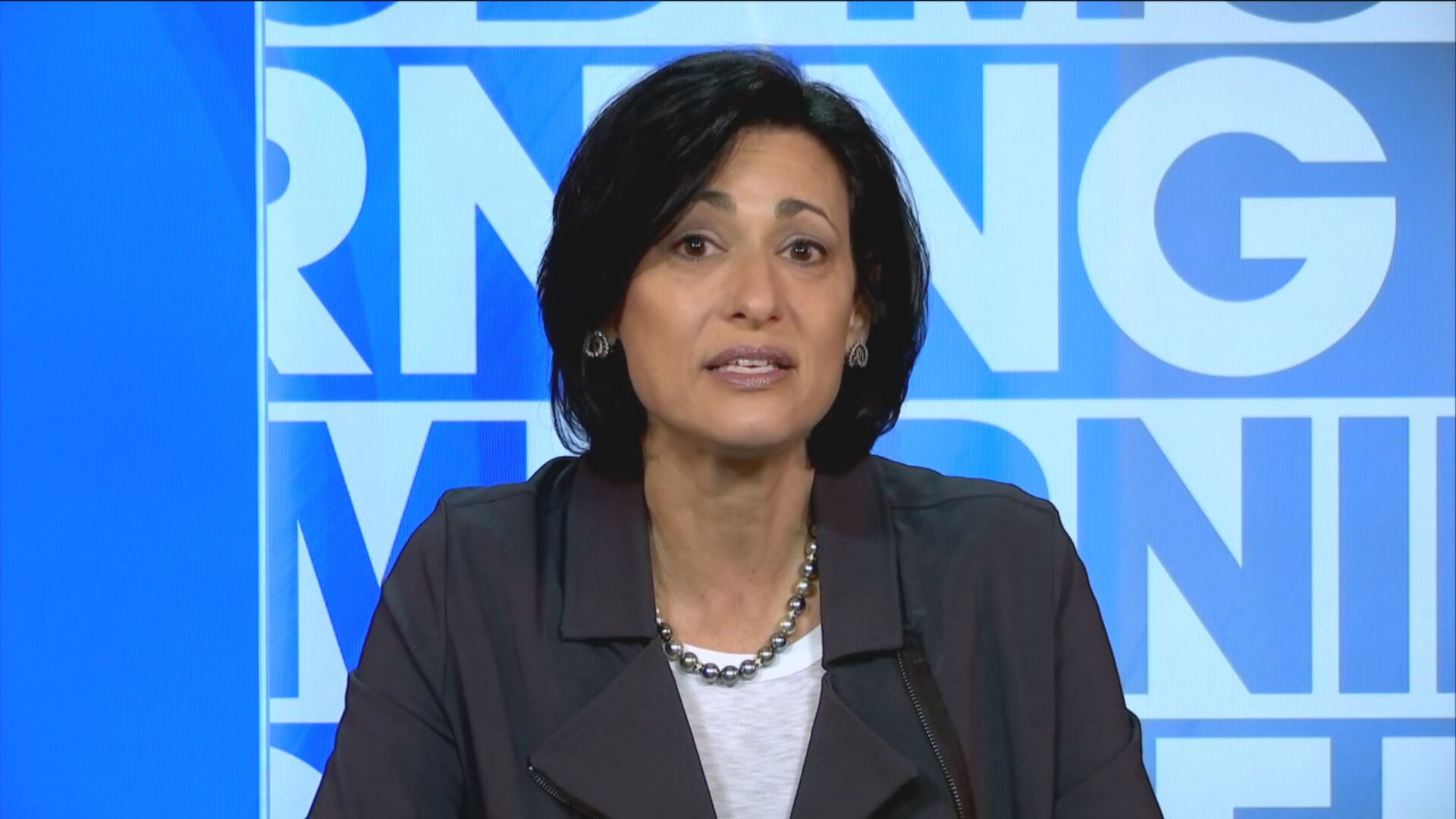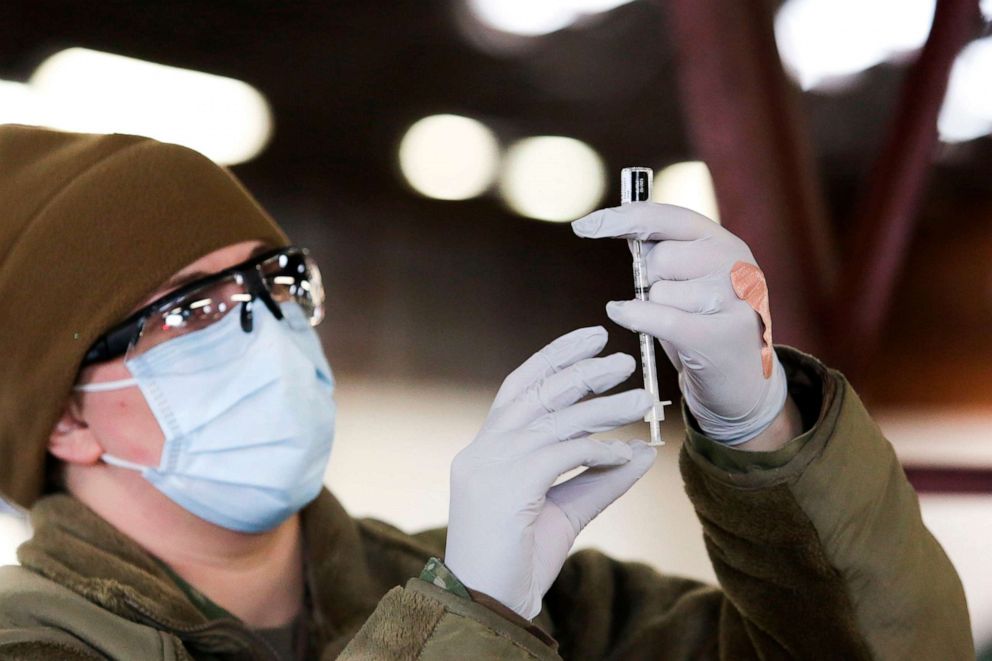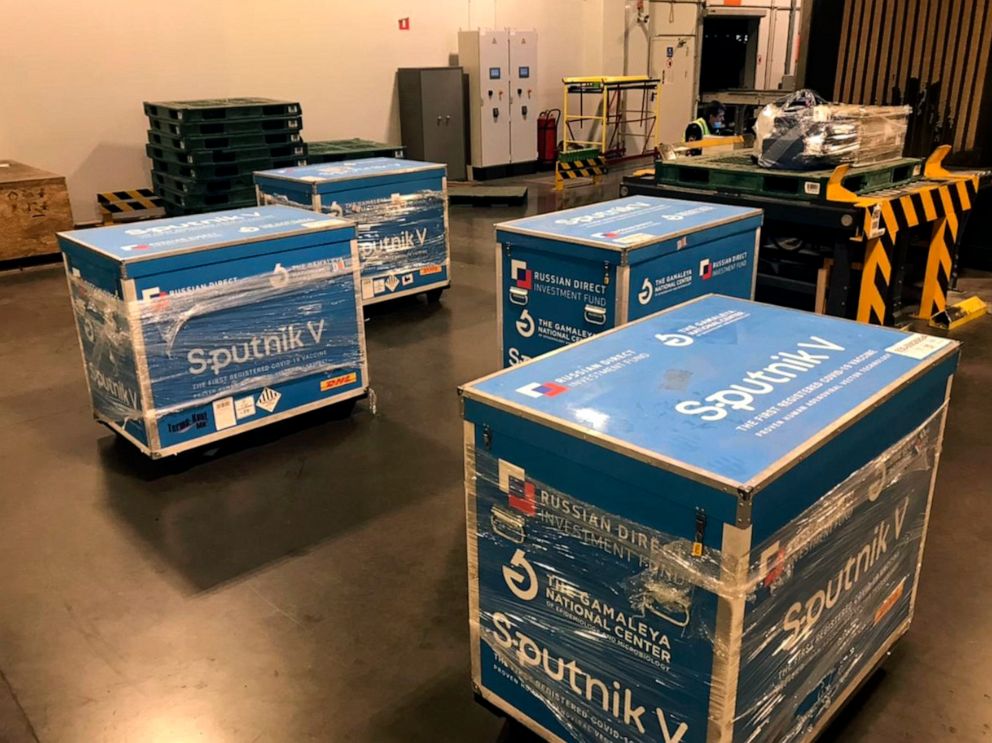'We should be treating every infection as if it's a variant,' CDC director says
Americans should now assume there's already more contagious variants of the novel coronavirus circulating in their communities, according to Dr. Rochelle Walensky, director of the Centers for Disease Control and Prevention.
"I think we should be treating every infection as if it's a variant," Walensky told ABC News chief anchor George Stephanopoulos in an interview Friday on "Good Morning America."
"That is the way we're going to control this pandemic," she added. "Quite honestly, we know that these viruses are going to mutate. They generally mutate to the advantage of the virus and that's how we get these more dominant strains."
Walensky's remarks come a day after the United States confirmed its first cases of the B1351 variant, which was first identified in South Africa and has since spread to dozens of other countries.
"We had always been worried that they were here and we hadn't yet detected them," she said.

The B1351 variant was discovered in two people in South Carolina who were not in contact with one another and haven't traveled recently, which concerns Walensky.
"So the presumption is here that they became infected from other people in the community and that there's community spread of this variant," she said.
Walensky explained that it "takes a while" for scientists to detect a variant.
"From the time of symptoms to somebody getting a test to that test being positive and to us being able to sequence it, that turnaround time could be up to 10 to 14 days," she said.

Although the CDC has "done an enormous amount of scaling up of our surveillance of these variants," Walensky said researchers are essentially starting from the ground up because "there has not been a public health infrastructure to track these variants."
"There has not been money, resources to be able to do mass sequencing at the level of infection that we have in this country right now," she said. "That is part of the American Rescue Plan, is to be able to use resources to finance a mass scale-up of surveillance for these variants."
There are concerns that the variants wield increased transmissibility and mortality, or that existing treatments and vaccines won't work as well against them.
"The current vaccines we're still studying against these variants," Walensky said. "What I will say though is we have a 95% efficacious vaccine against the current strain. Even if we have some diminution of that efficacy against the South Africa strain, I still think we need to really go ahead, push the vaccination, because this just is still yet another tool in our toolbox to fight this pandemic."







